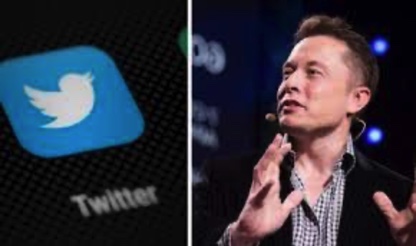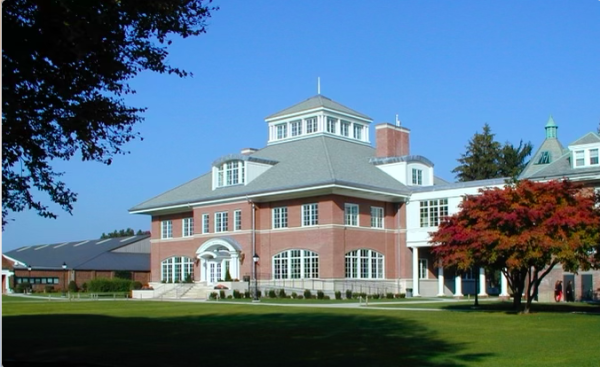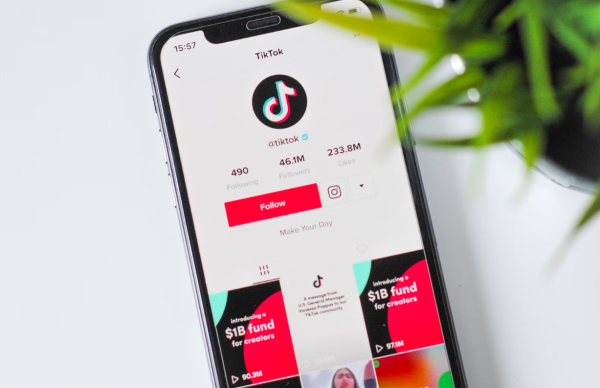Lessons For Twitter

Instead of buying sports cars, mansions, and NBA teams, it seems that the new fad for billionaires is buying multi million dollar companies. The latest example? Elon Musk’s acquisition of Twitter.
Elon Musk concluded his acquisition of Twitter on October 27 2022, and it is safe to say that Twitter has been a rollercoaster ever since. On November 4th, a little more than a week after Musk’s take over, he laid off about 50% of Twitter’s 7500 person workforce, in an email stating “Today is your last working day at the company.” Musk clearly saw the need for change, but one of the biggest criticisms of Musk, and of Twitter as a whole right now, is the use of censorship.
When Musk first bought the company, he pushed for free speech. Just hours after his acquisition of the site, he told the safety team responsible for combating hate speech to unban the Babylon Bee, which was banned the previous March for calling a transgender woman “The man of the year.” While he admitted that the tweet “wasn’t cool”, he still advocated for the right of the people “to speak freely within the bounds of the law” leading him to unban many other banned celebrities and organizations on Twitter such as former president Donald Trump.
This information is troubling when put into context of more recent news. Musk has recently banned CNN’s Donie O’Sullivan; The New York Times’ Ryan Mac; and The Washington Post’s Drew Harwell along with progressive journalist Aaron Rupar and pundit Keith Olbermann. Musk has cited the reason for the ban being them “doxing” him; however, they only reported on the banning of a Twitter account that posted the whereabouts of Musk’s private jet. In an article by CNN, it was speculated that the bans were because they all had a “tenacity to report aggressively on the billionaire or criticize him in commentary.” CNN then goes on to say that “The bans also raise a number of serious questions about the future of the free press on Twitter, a platform that has been referred to as a digital town square”
While Musk has recently been under fire, we must remember that Censorship was happening on Twitter before Musk was in the picture. Bari Wiese, SAY WHO SHE IS (GIVE TITLE), recently reported that “that teams of Twitter employees build blacklists, prevent disfavored tweets from trending, and actively limit the visibility of entire accounts or even trending topics—all in secret, without informing users.” While you or I could dive deeply into the censorships of Musk, or the censorships of Twitter in the past, it is an undeniable fact that Twitter can and has control what we see, and this is extremely troubling.
No matter where you fall politically, we can all agree that a founding idea of this country is freedom of the press. A part of freedom of the press is not only that you can write what you want, but that it will be out in the open and accessible. As a private company, Twitter has the right to suppress what they want – however, I propose the question: should Twitter and other social media be considered a private company when it comes to news?
A recently done survey done by Pew research showed that 59% of Twitter users regularly get news from the site; the highest of all social media platforms in the survey. Furthermore 15% of Americans get their news regularly from Twitter. When it comes to social media as a whole that number inflates exponentially with the study showing that a whopping 71% of people now get at least some of their news input from social media platforms and 42% of people ages 18-29 get their news from social media opposed to the 28% who cite news publications. By looking at these numbers it is evident that the information on social media has a huge impact on our society, so why isn’t it held to the same standards as other news platforms?
Section 230 permits internet companies to moderate their sites without being on the hook legally for everything they host. There are many pros to this such as eliminating bladent hate speech and speech that can lead to harm, but there are also many cons. Twitter has used section 230 to hide behind their censoring of news. Given that 71% of the adults in the country use social media as a news source, there needs to be some change. It is time for social media companies to no longer have the ability to hide behind section 230. If news is backed by facts, it has the right to exist and be read. The beautiful part of free speech is that you have the power to write a counter article saying whatever you want to say!
Ultimately social media platforms have to meet the same standards as say the traditional media outlets. No matter where you fall on the political spectrum, it is time that we as a society start holding Twitter and other social media platforms accountable for the product they produce. It is abundantly clear that social media has tremendous influence over every level of our society. Companies need to maintain certain standards or we face the inevitable rabbit hole of allowing it to become what Sasha Baron Cohen calls “the biggest propaganda machine on earth”






